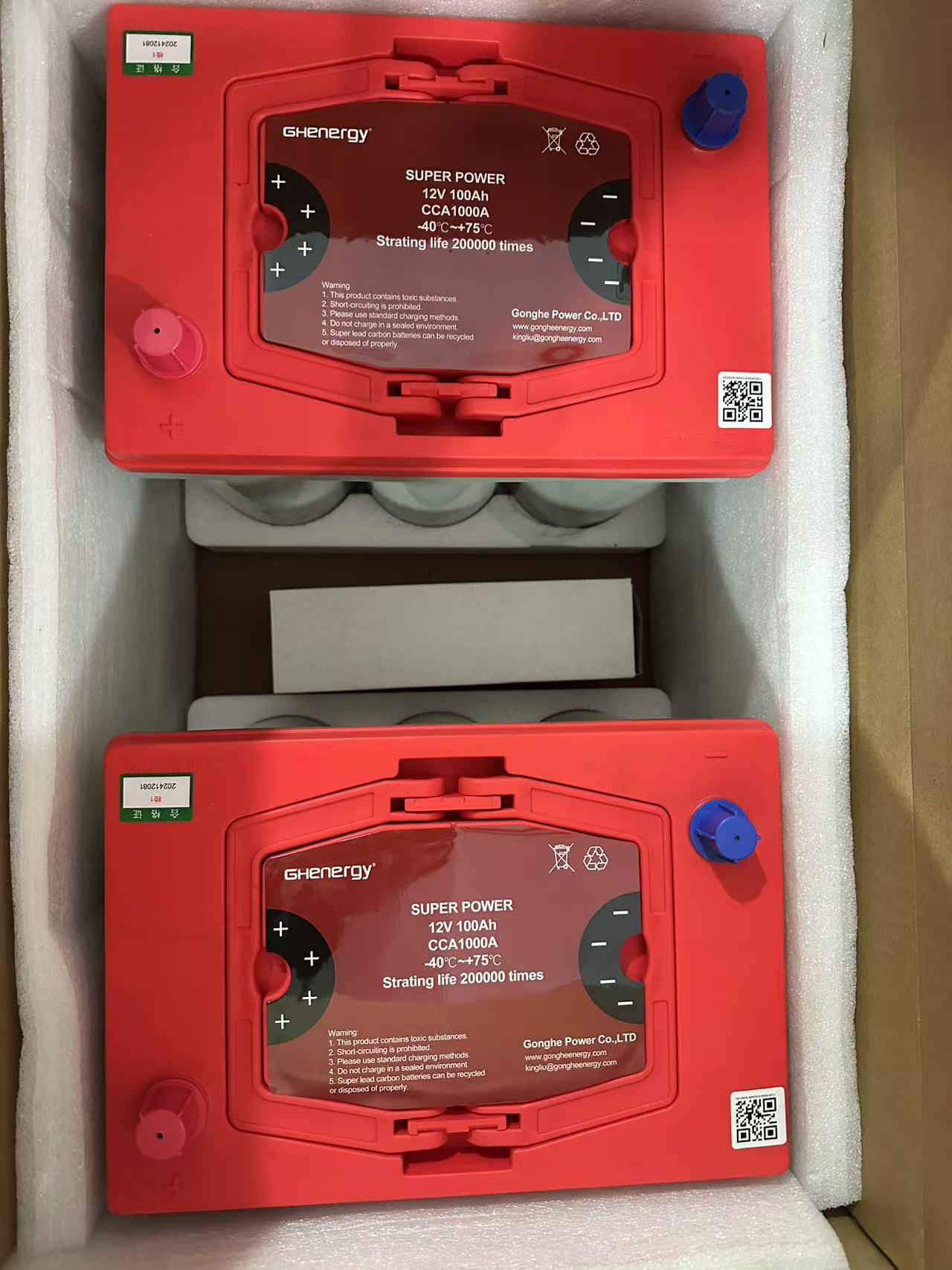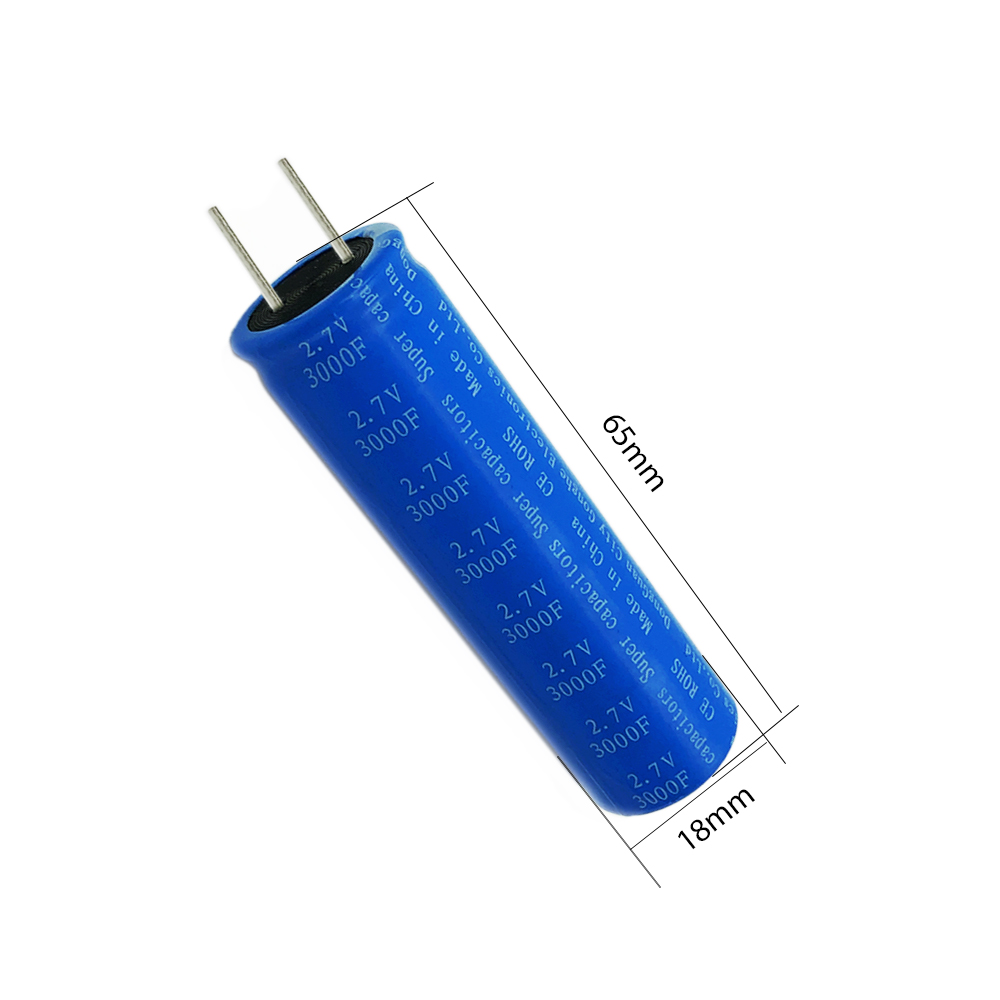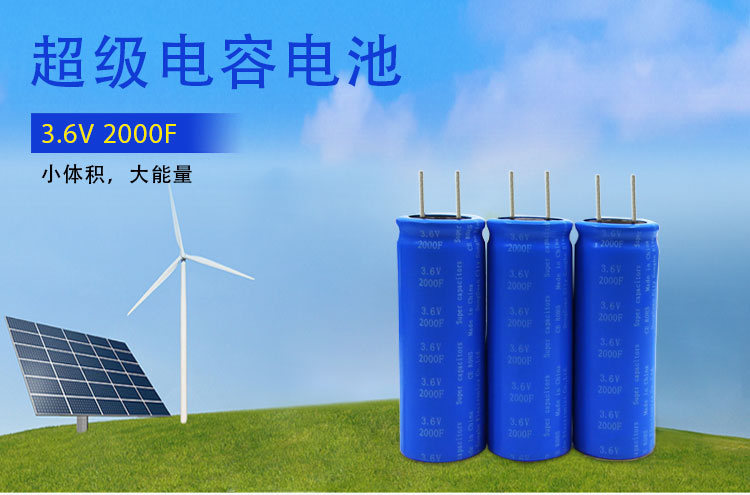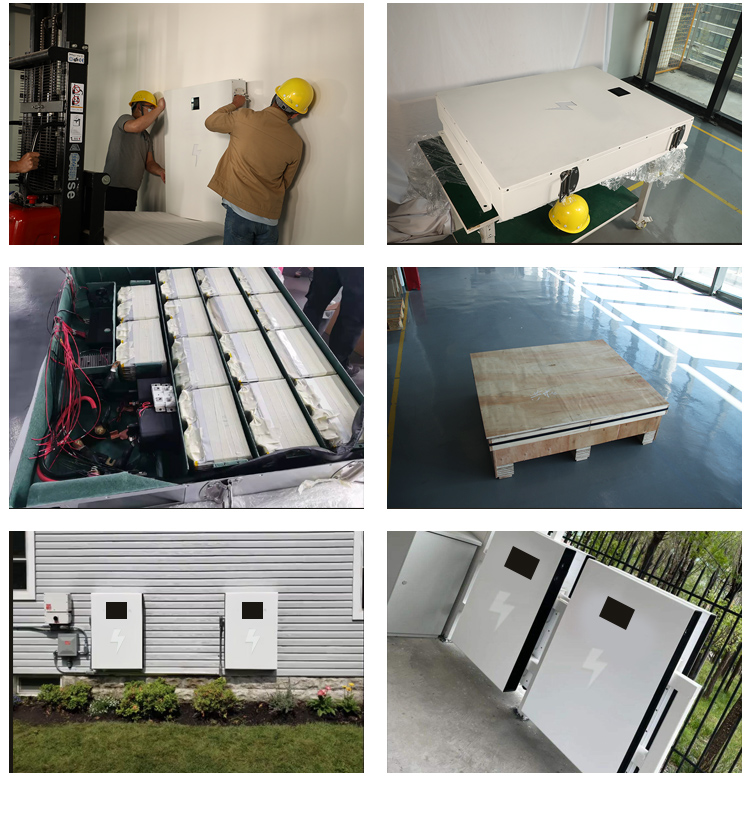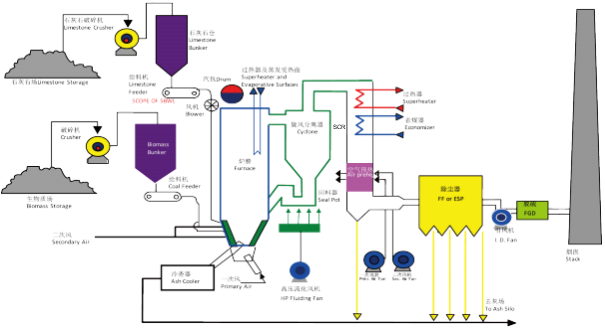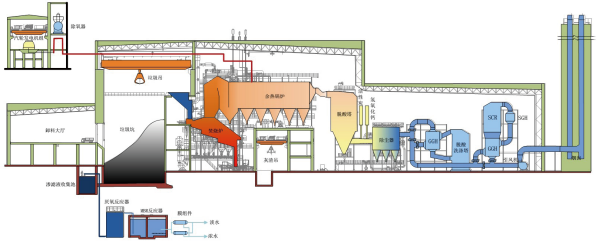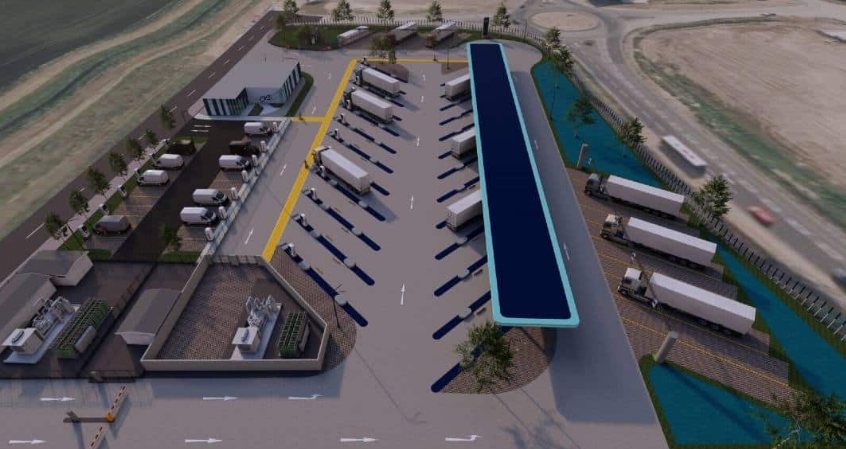
Wedoany.com Report-Jan 20, Wakefield, England-based Aegis Energy, a company building a network of clean energy hubs across the UK, announced that it has secured £100M (approximately €118M) from Quinbrook Infrastructure Partners (Quinbrook).
Quinbrook Infrastructure Partners is a specialist investment manager focused exclusively on the infrastructure needed to drive the energy transition in the UK, US, and Australia.
Keith Gains, Managing Director and UK Regional Lead for Quinbrook says, “Targets under the UK’s Zero Emission Vehicle mandate highlight the existing gaps in the infrastructure needed to provide accessible clean energy to transport fleets. This presents significant opportunities for Aegis Energy to build market-leading refuelling hubs and we look forward to supporting its growth and expansion throughout the country.”
Fund utilisation
Aegis Energy will use the funds to construct its first clean, multi-energy recharging and refuelling facilities for commercial vehicles.
The network of hubs will serve all truck and van operators transitioning to cleaner fuels, including electric, HVO, hydrogen, and bio-CNG.
According to the company, an initial five-station network will be completed by the end of 2027, with stations planned in Sheffield, Immingham, Warrington, Corby, and Towcester.
Aegis Energy has secured sizeable grid connections in over 5 locations and will begin construction on the first of these stations in 2025, scheduled to open in early 2026.
Additionally, the company plans to create a broader network of up to 30 hubs by the end of the decade, becoming a leader in low-carbon infrastructure and e-mobility.
In addition to bookable high-speed electric charging, Aegis Energy designs its hubs to serve other low-carbon fuels, including HVO and AdBlue, hydrogen, and bio-CNG.
Each hub will have the capacity to charge/refuel approximately 40+ HGVs and 25+ vans simultaneously.
What does Aegis Energy solve?
Transport is the largest source of greenhouse gas emissions in the UK, accounting for 29 per cent, with commercial vehicles contributing 10 per cent of this total.
Regulations are tightening, with sales bans on non-zero emission vans and trucks planned for 2035 to 2040.
